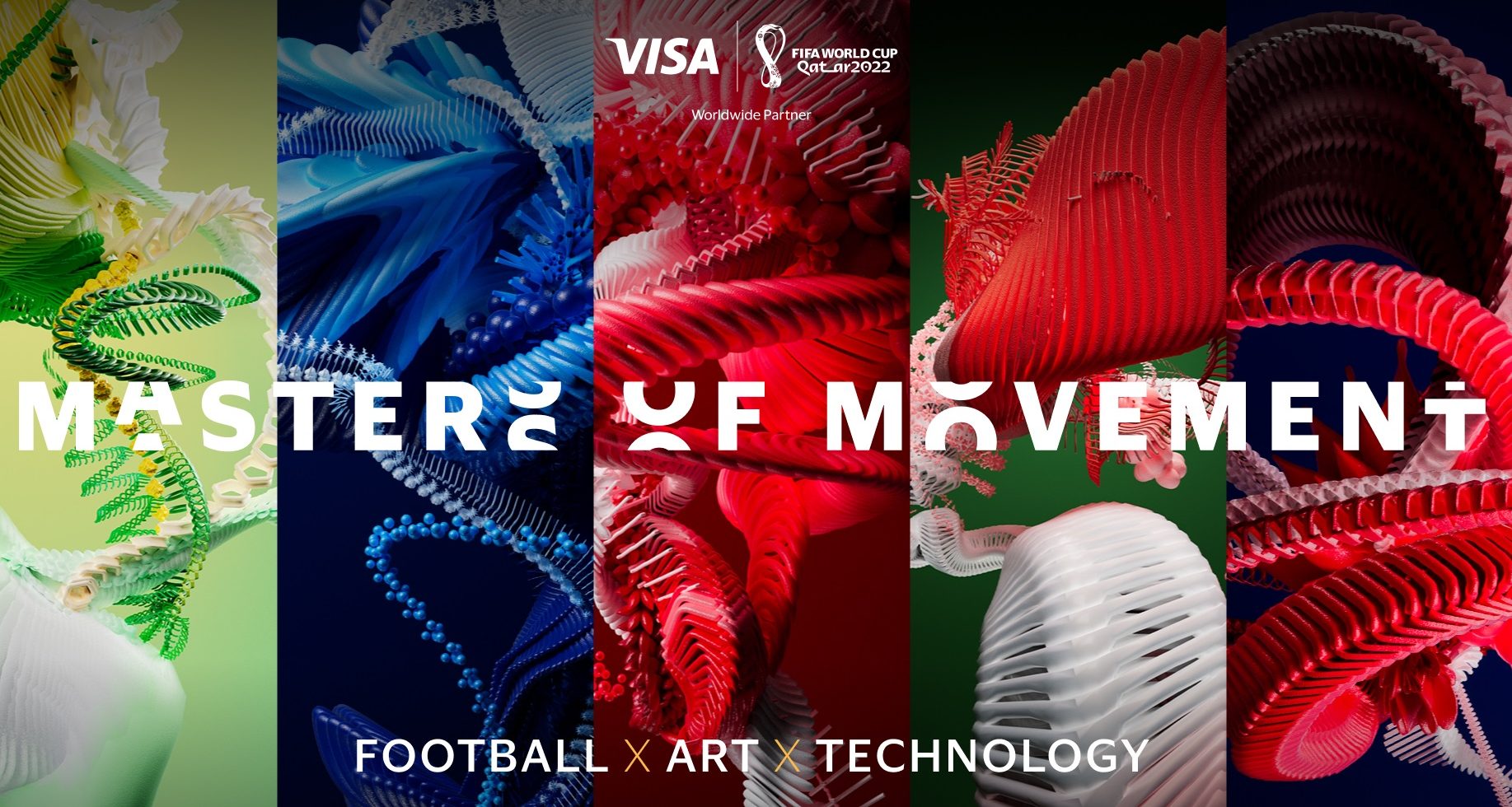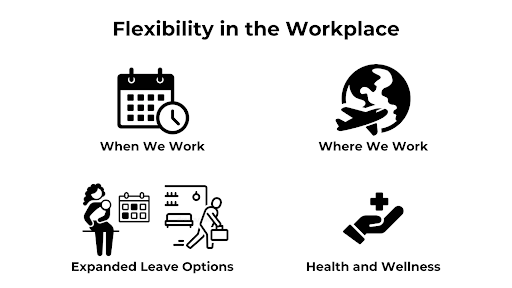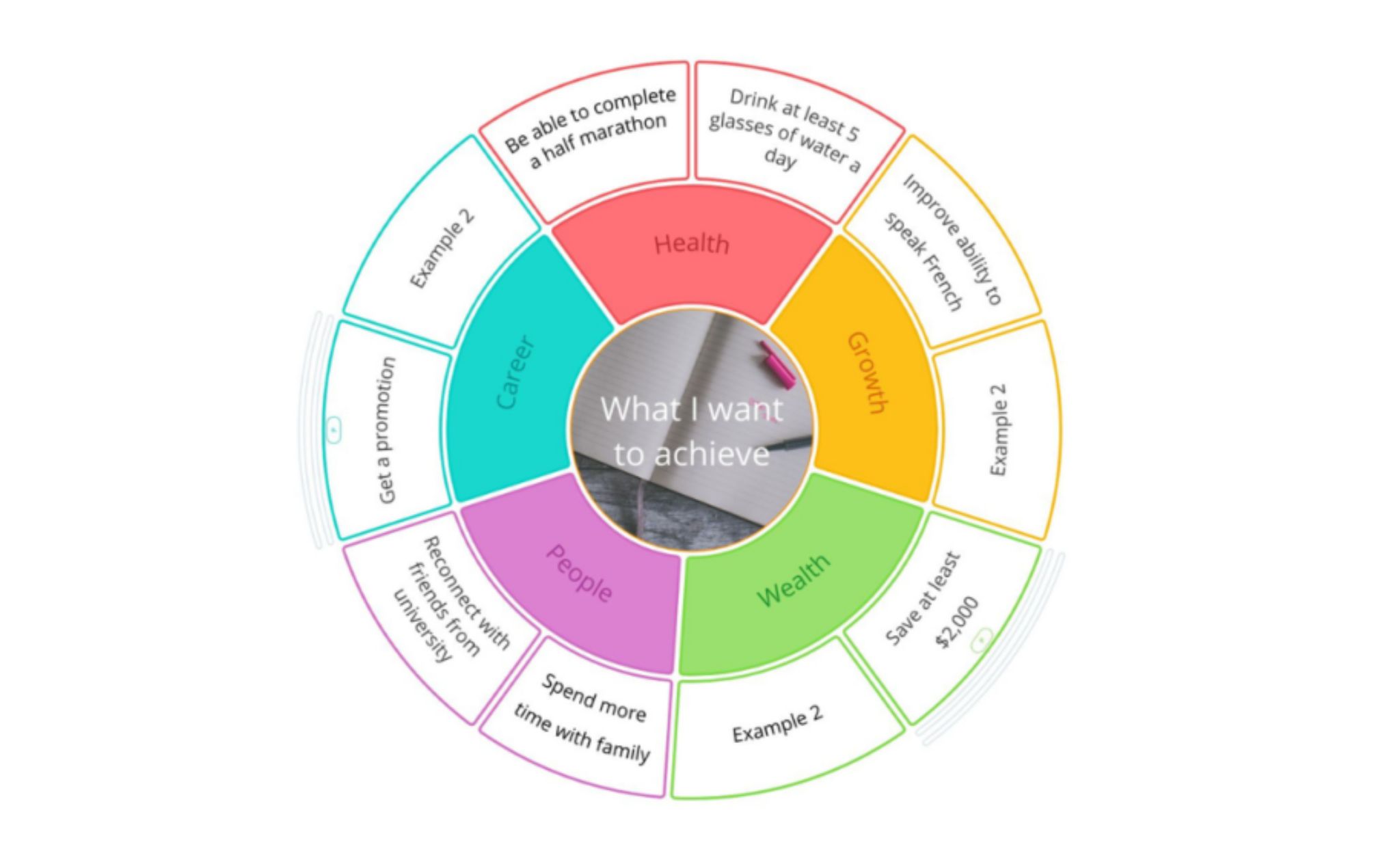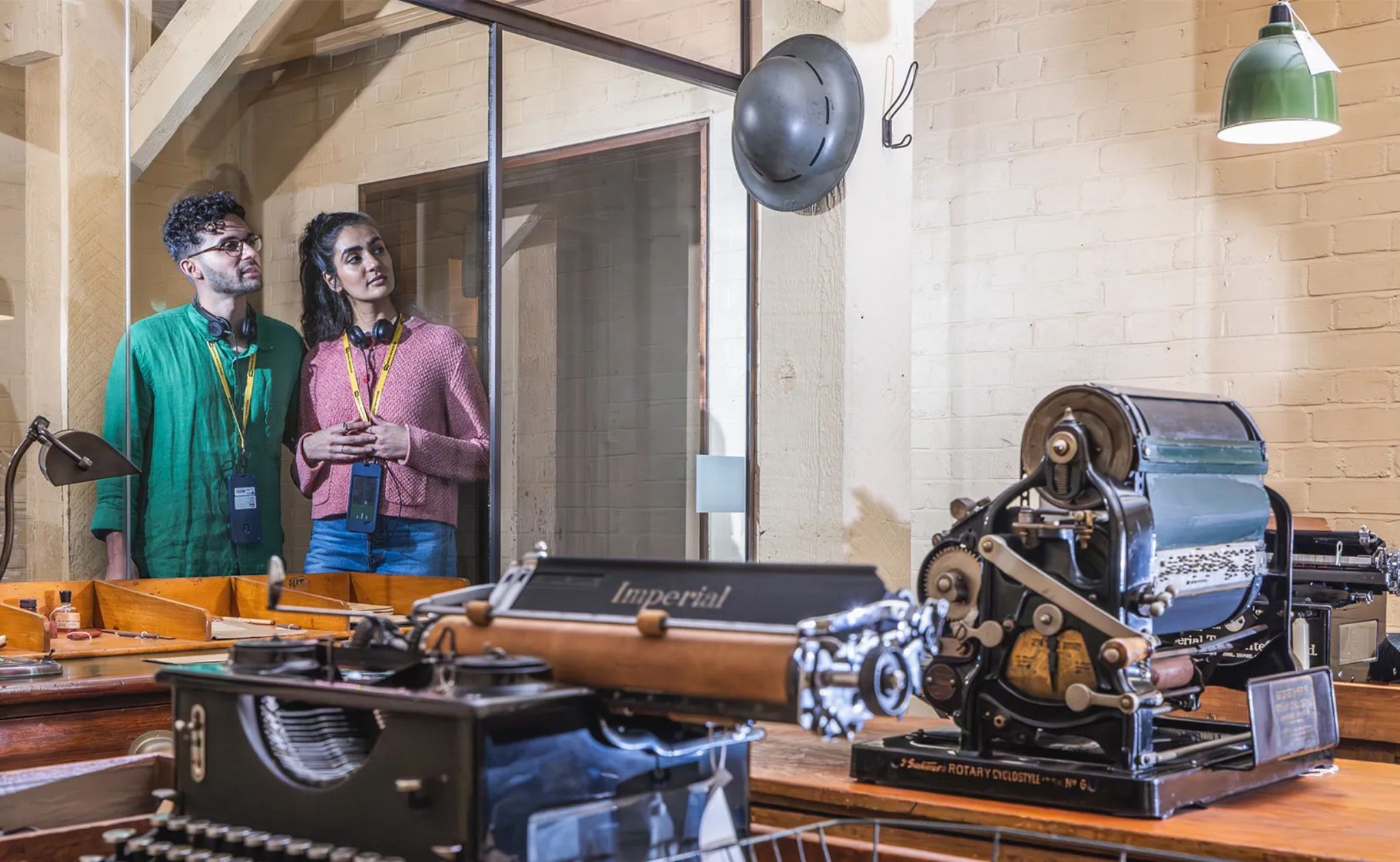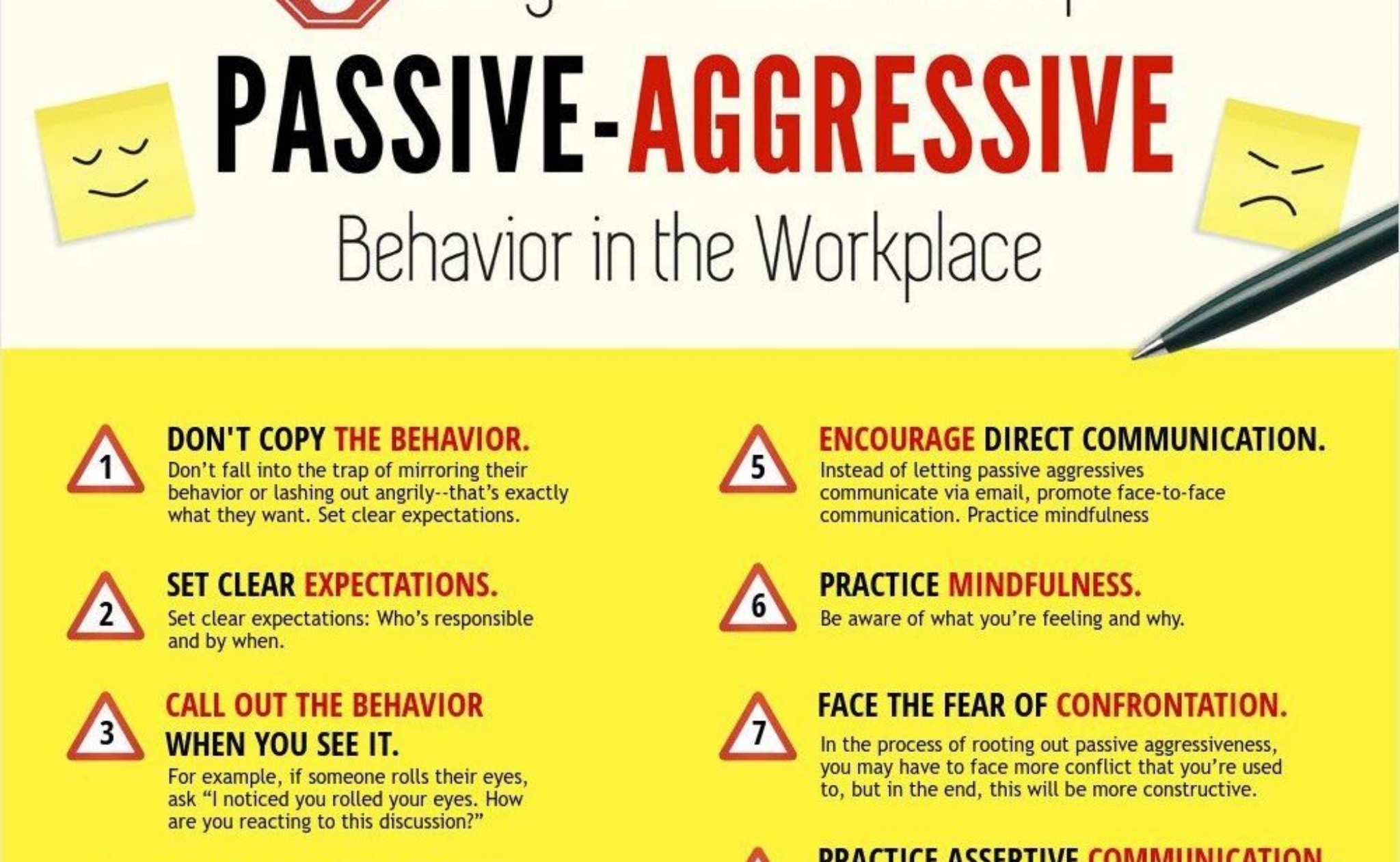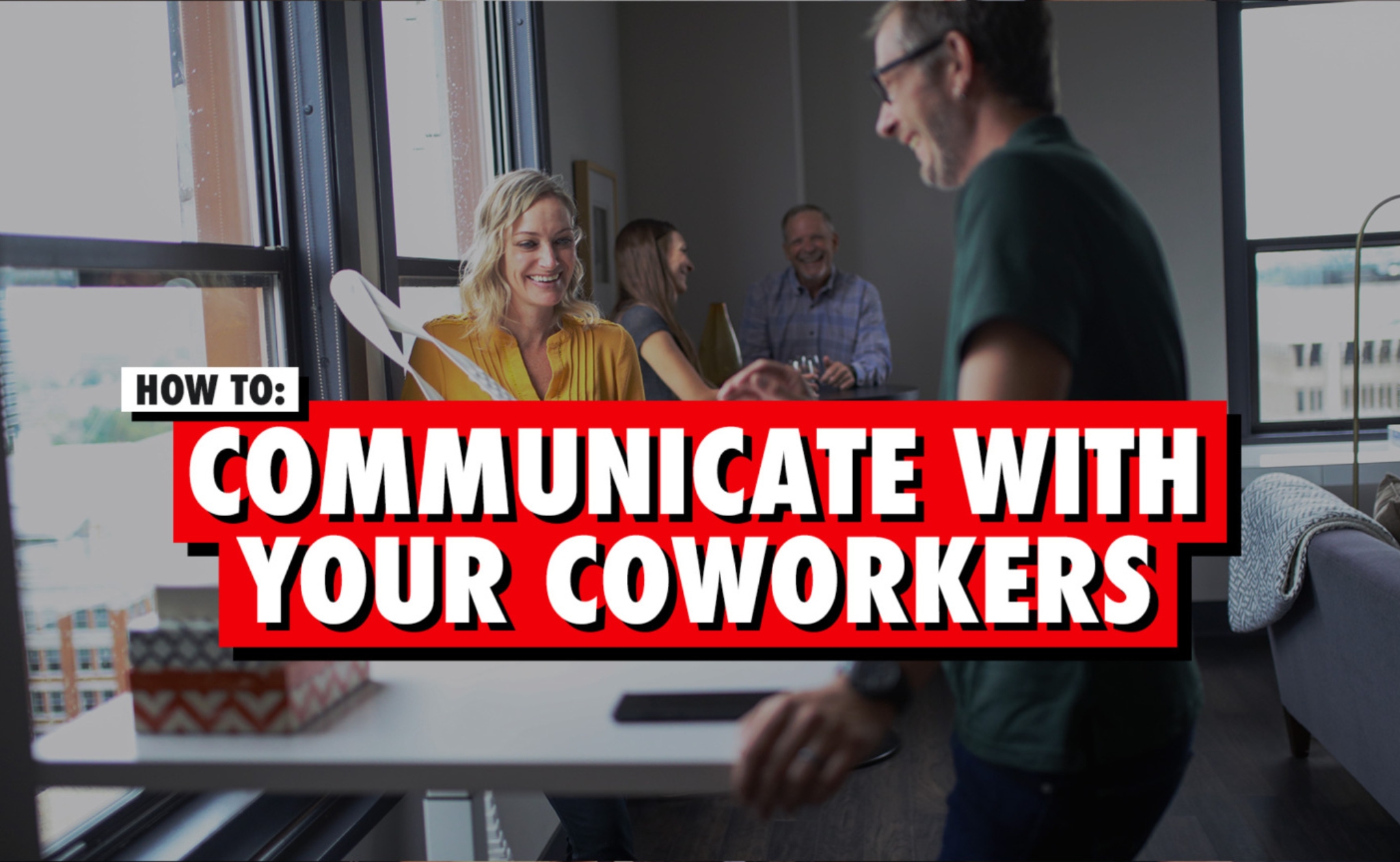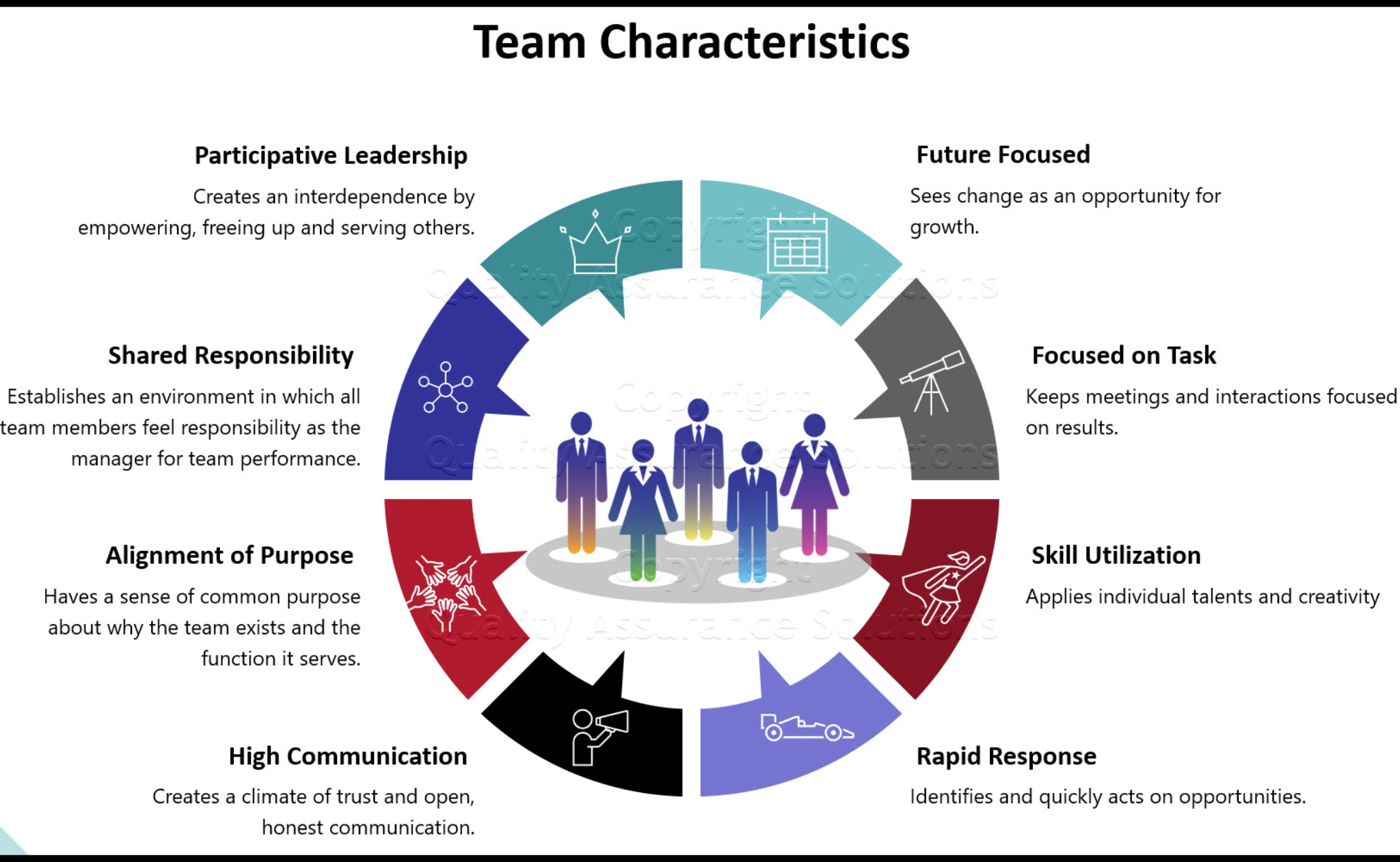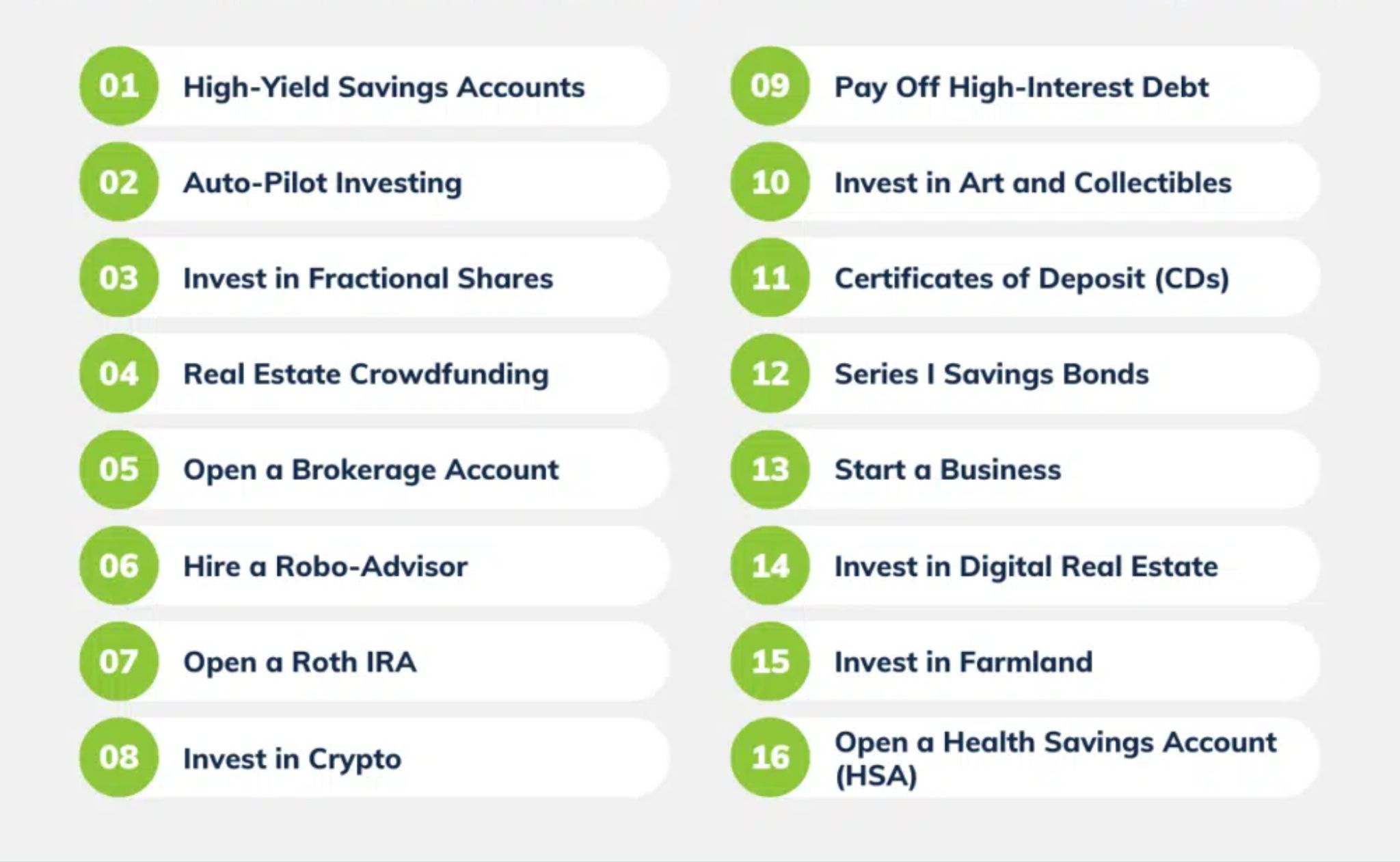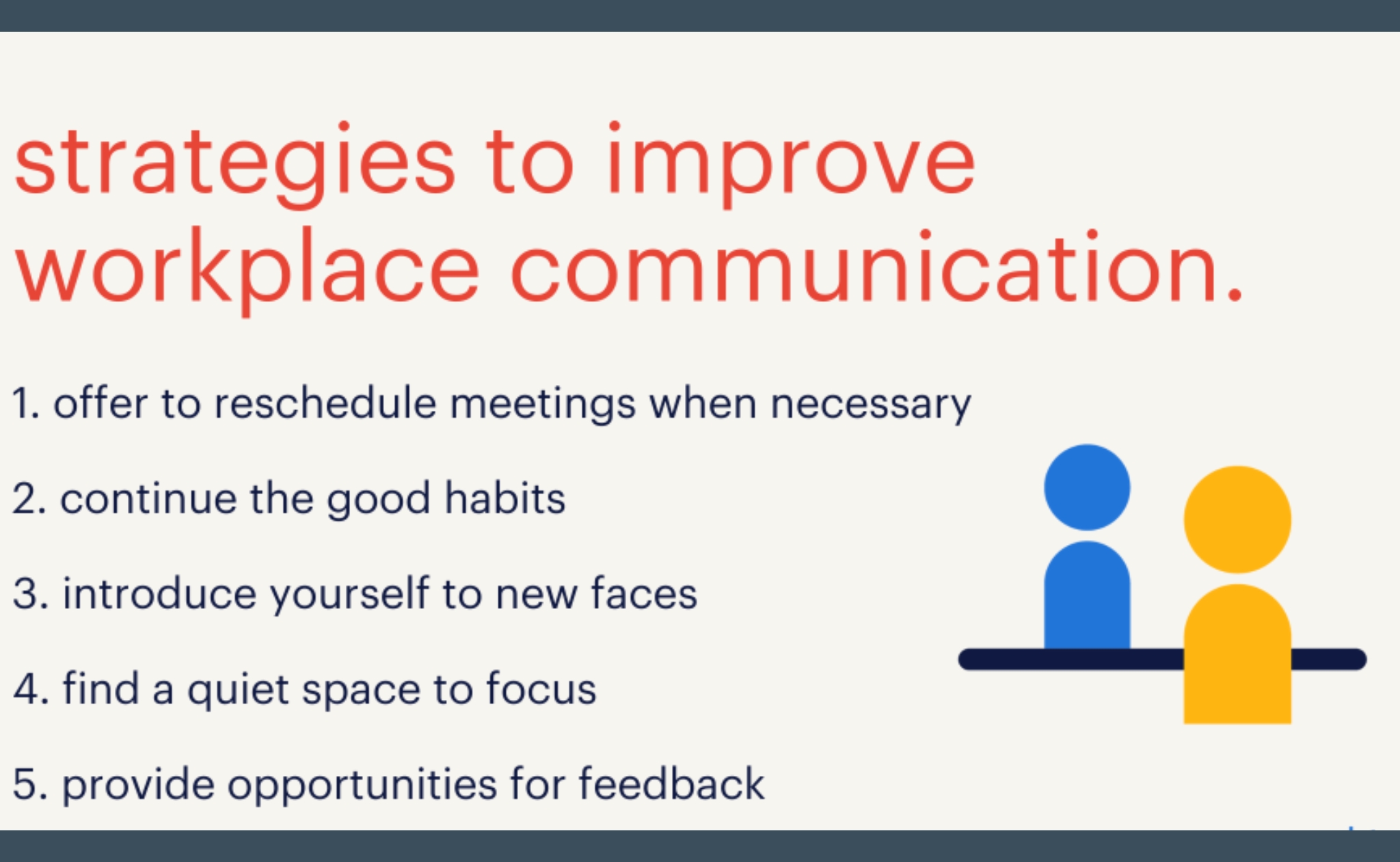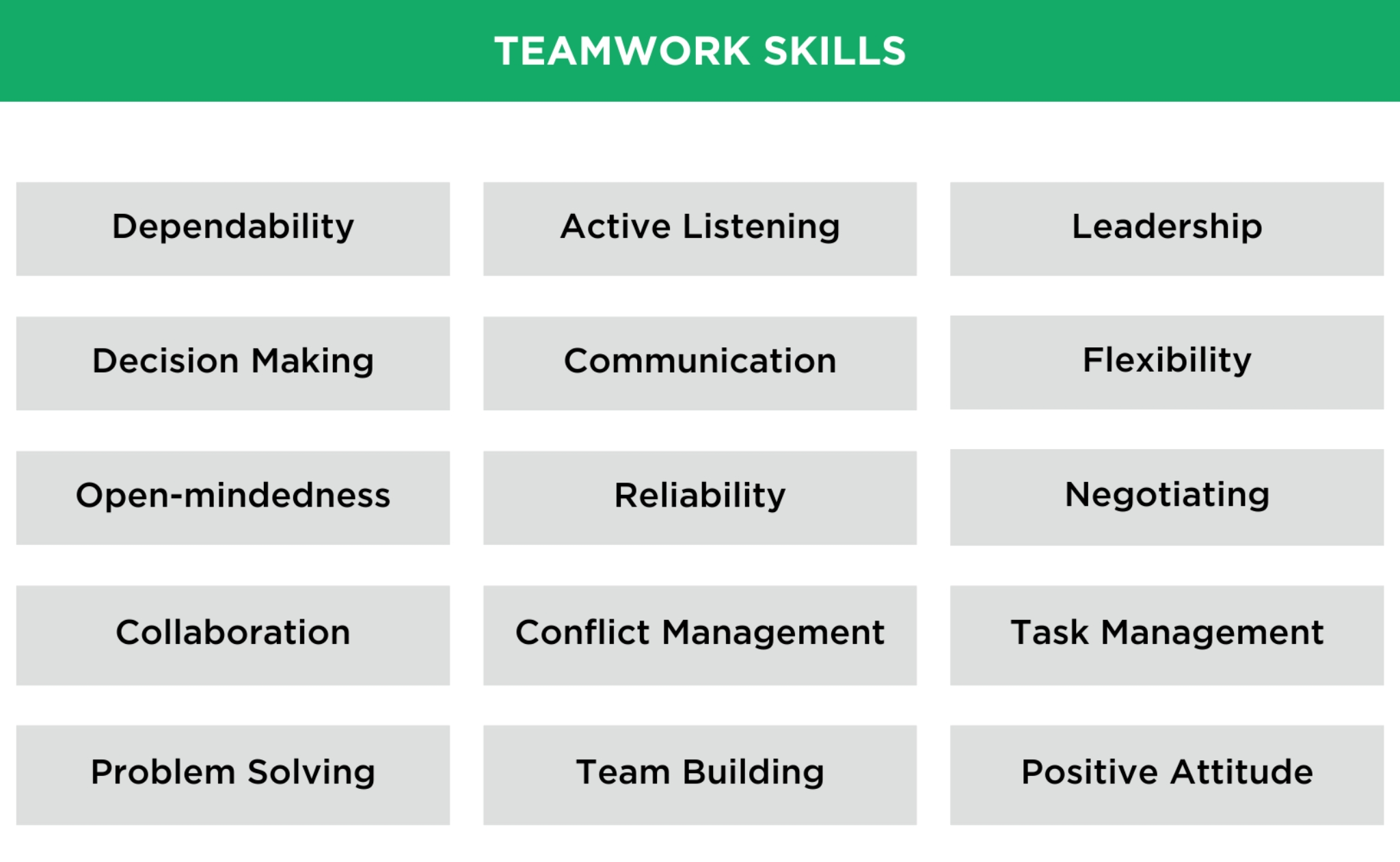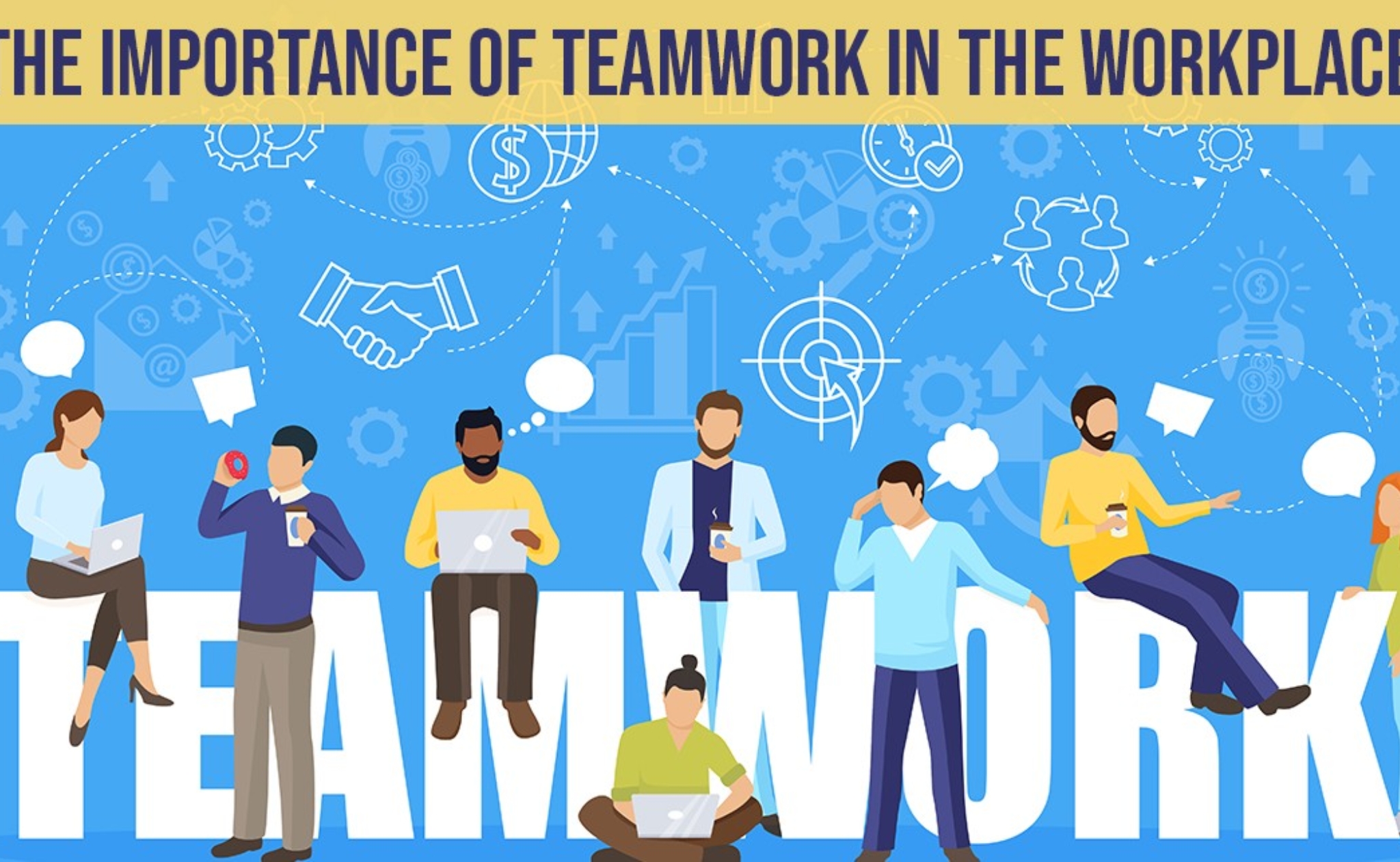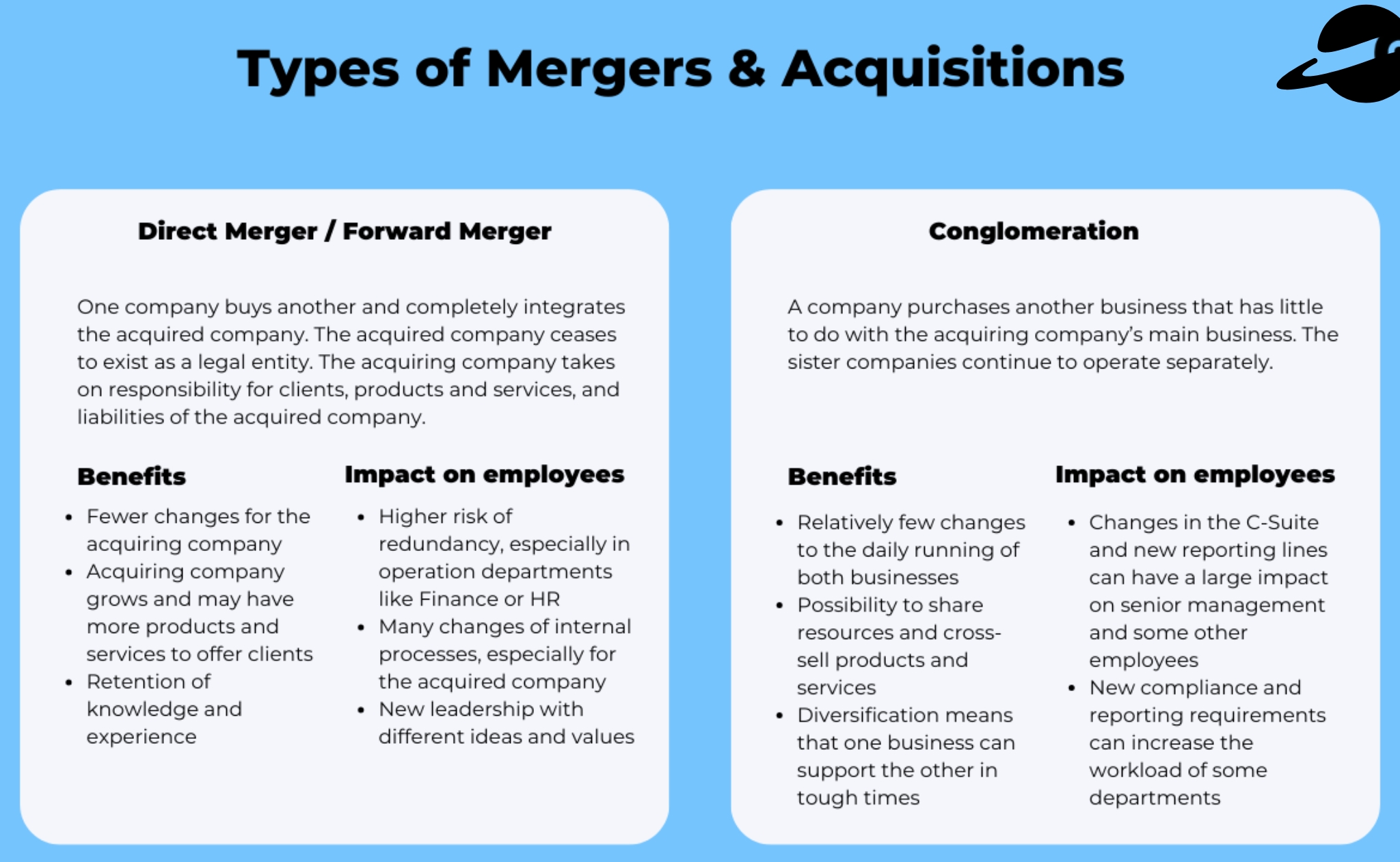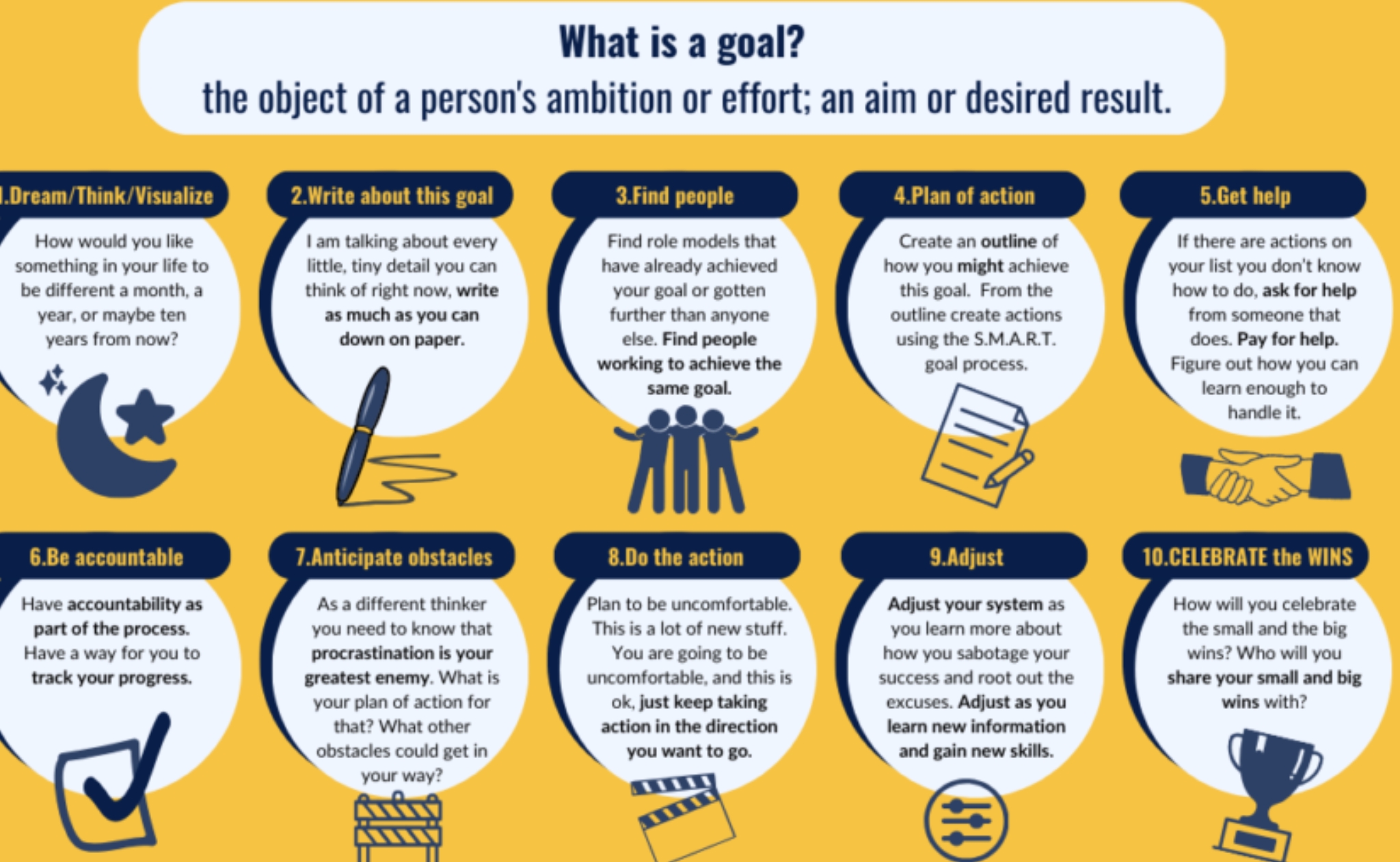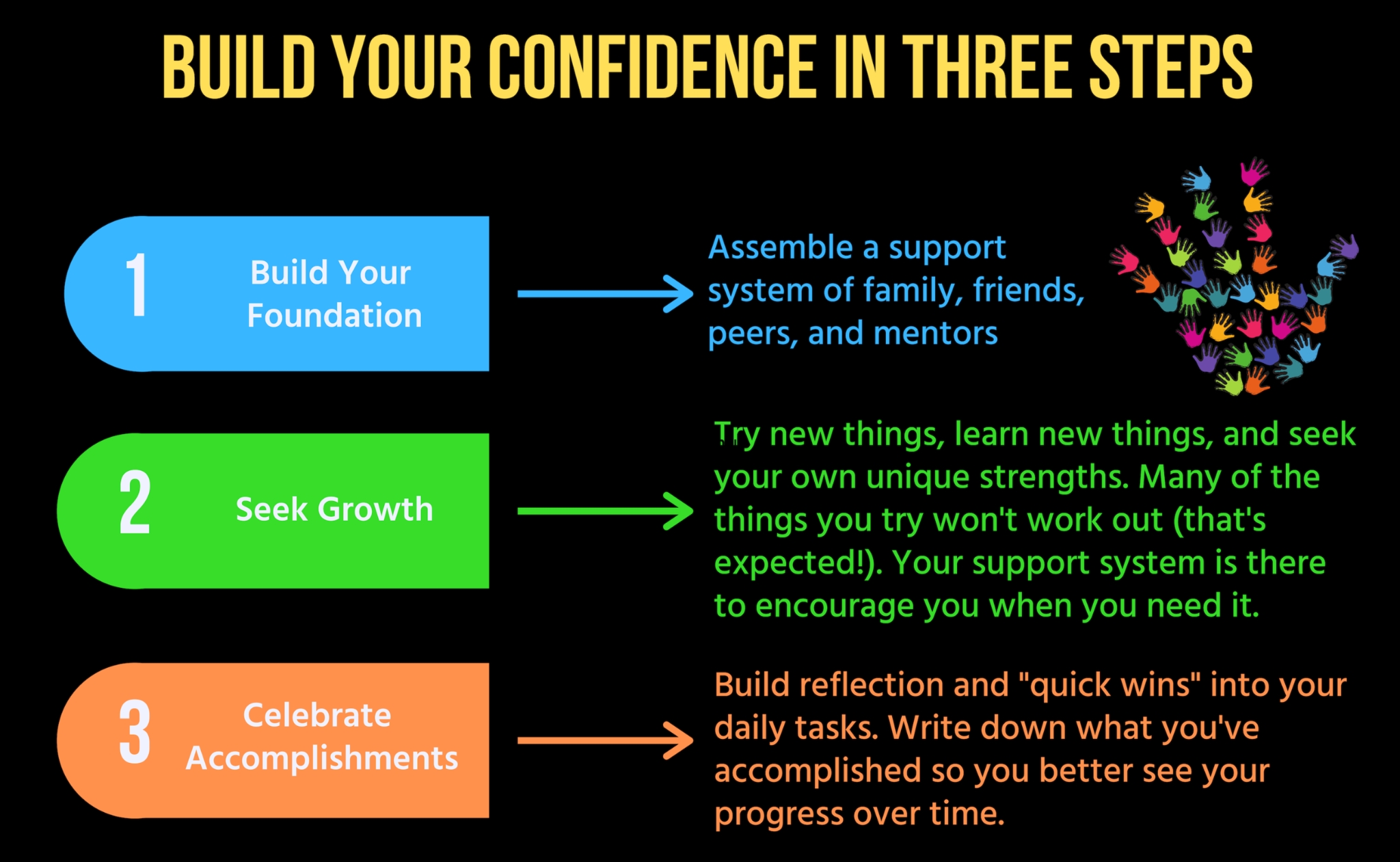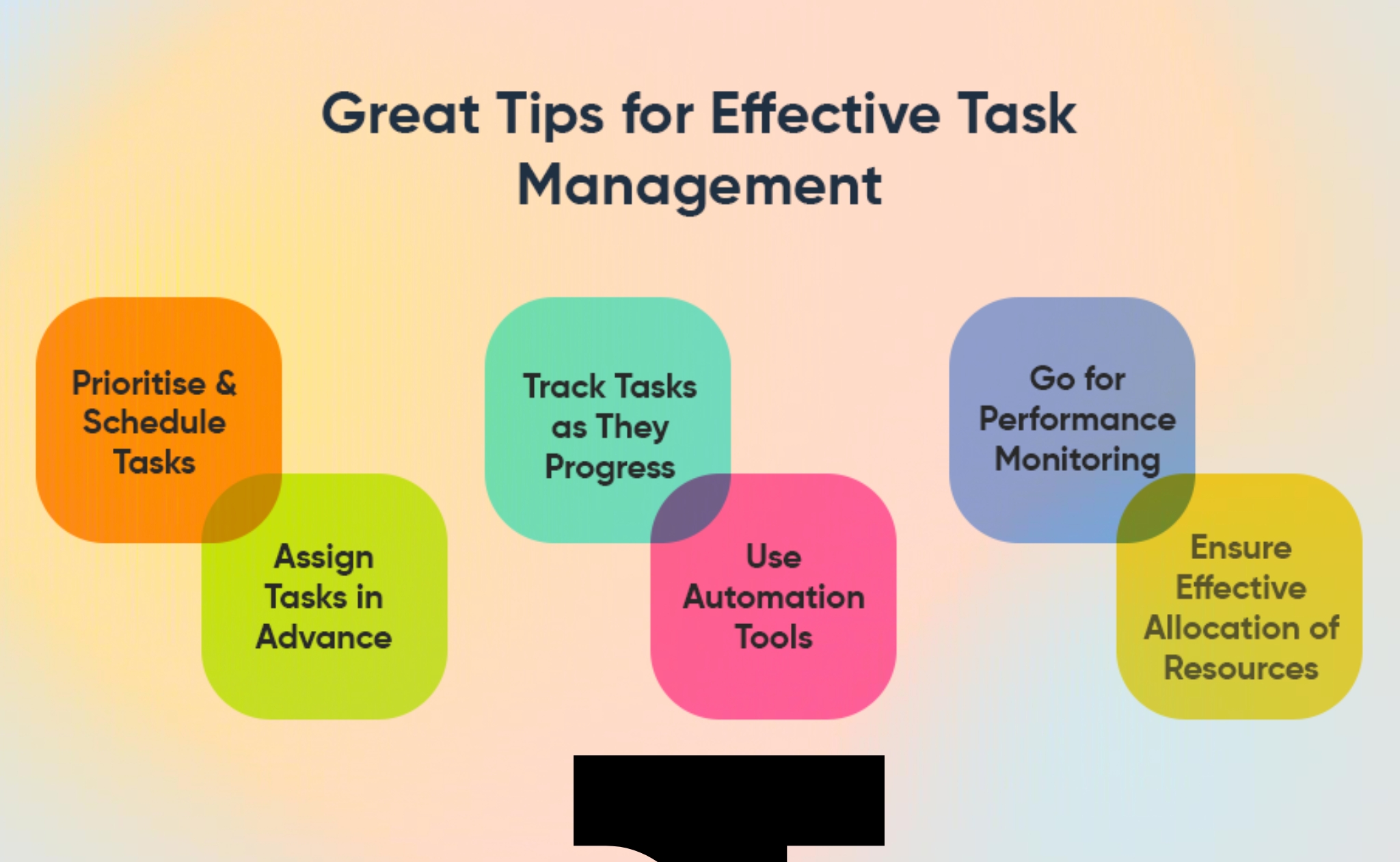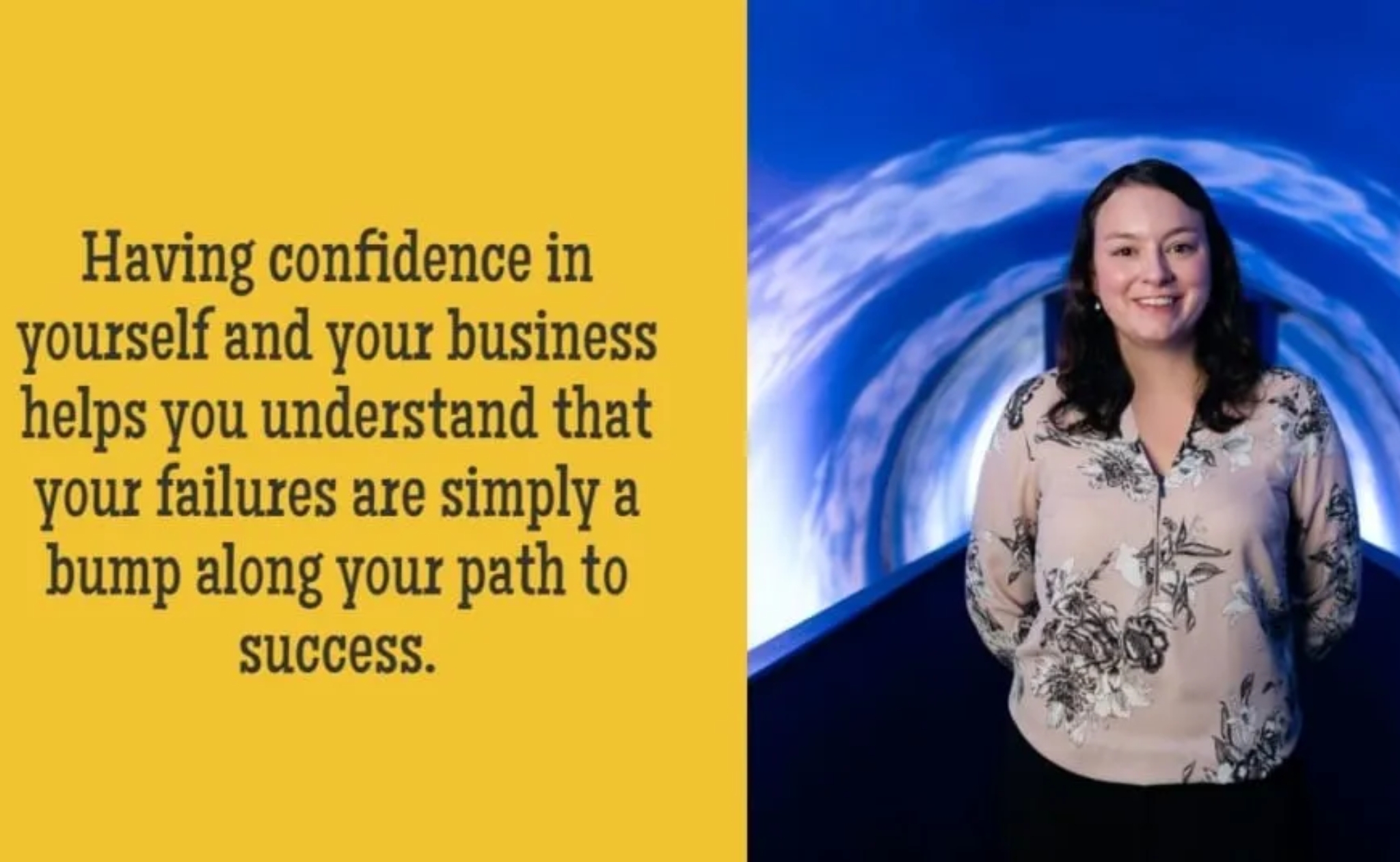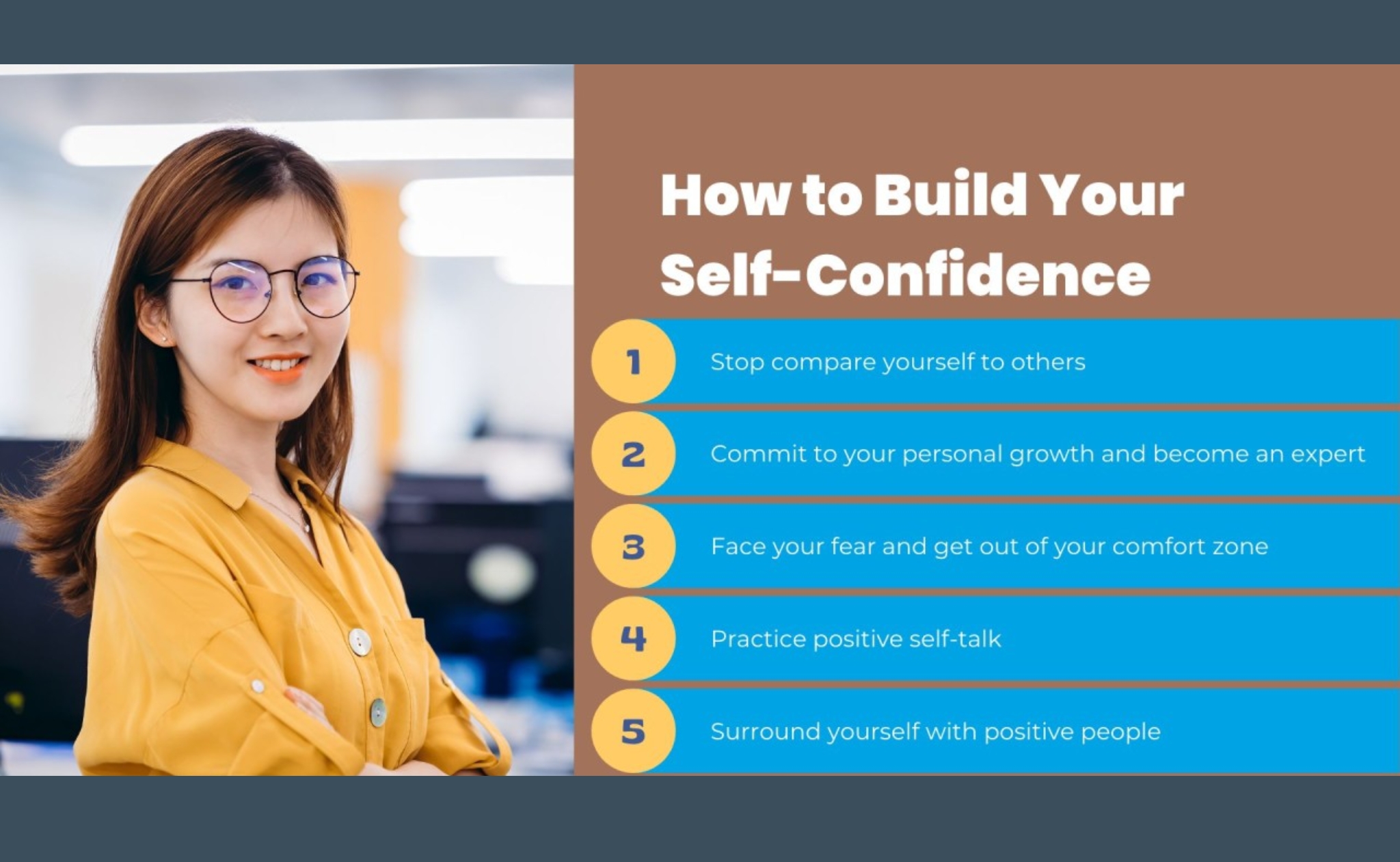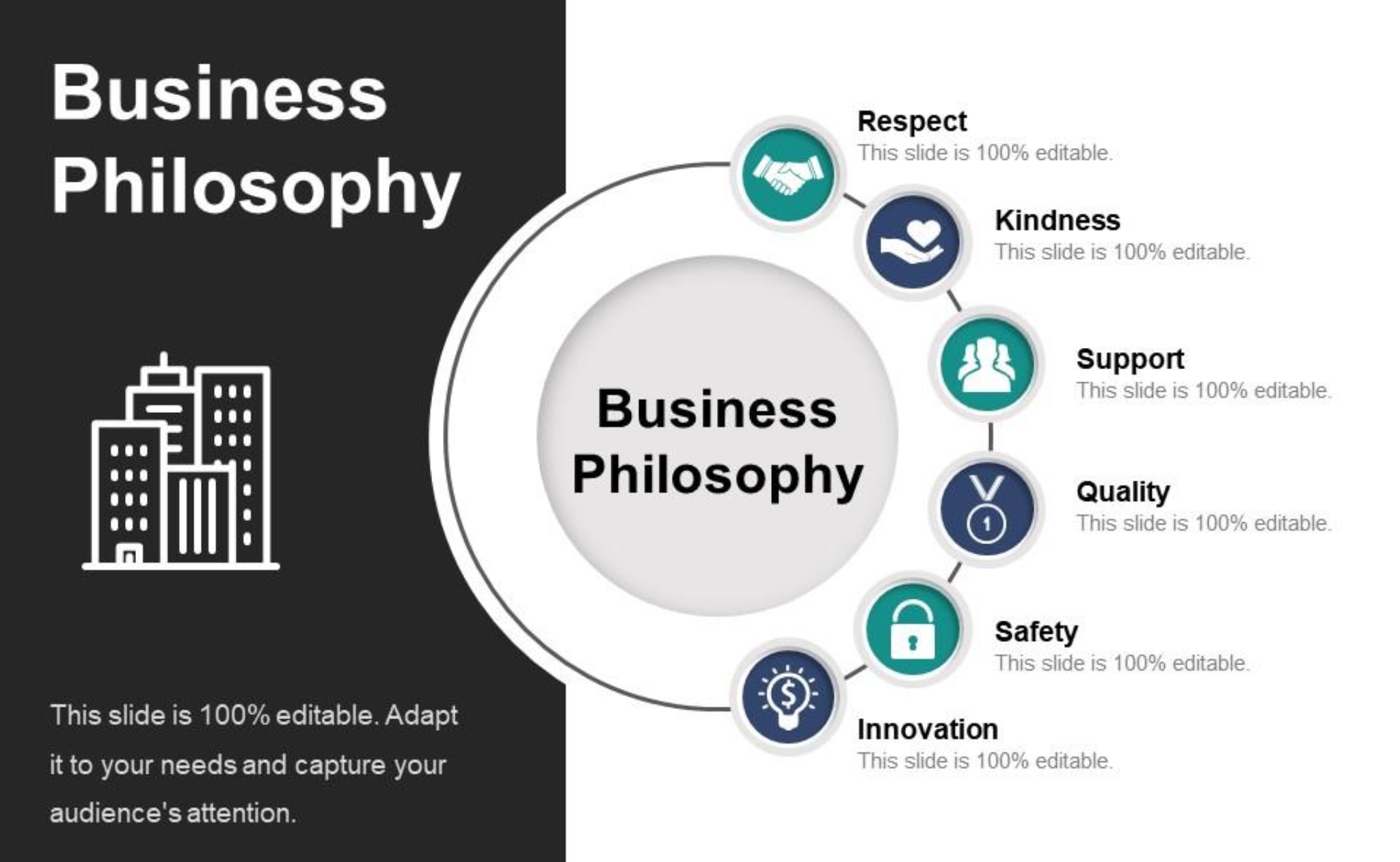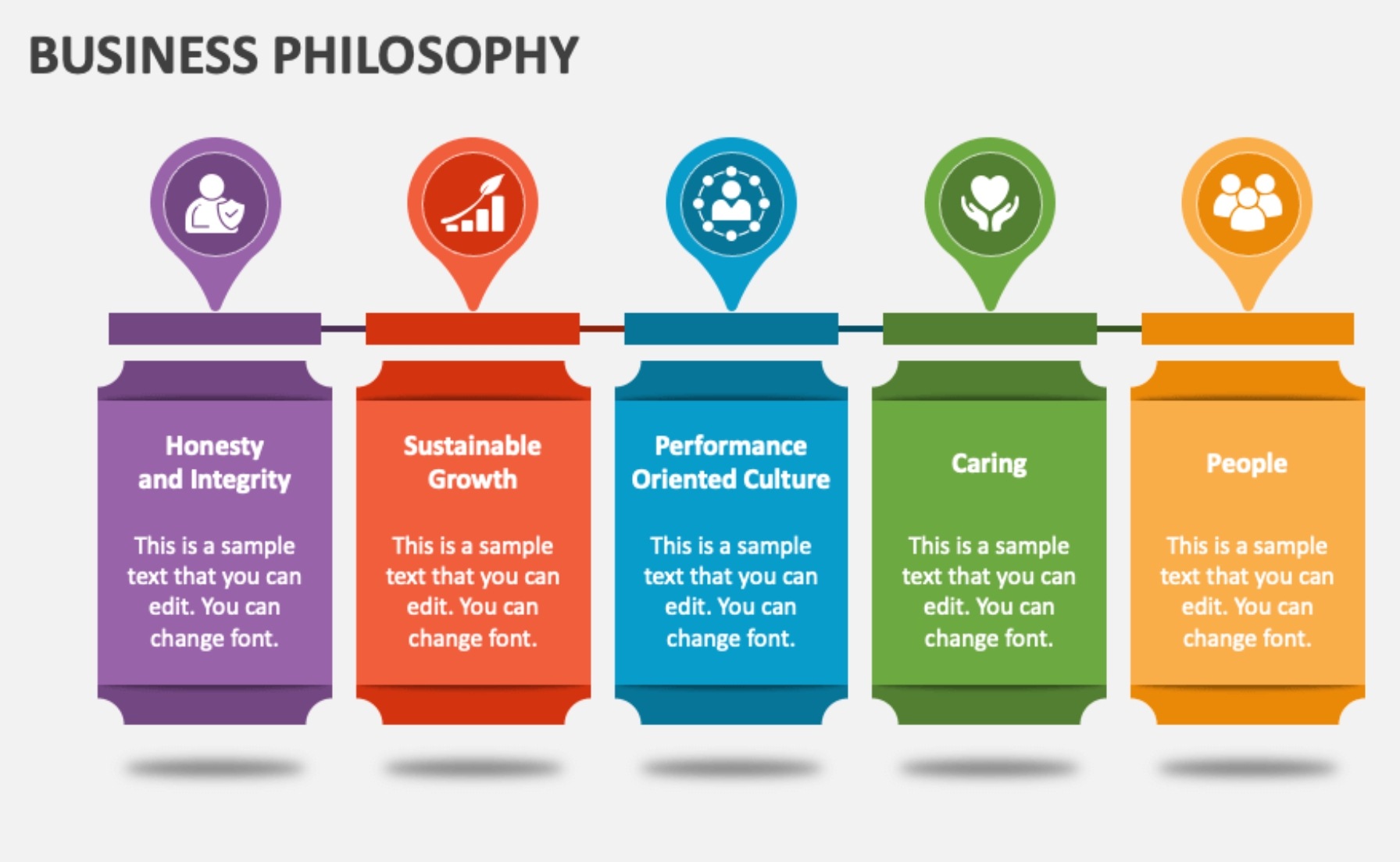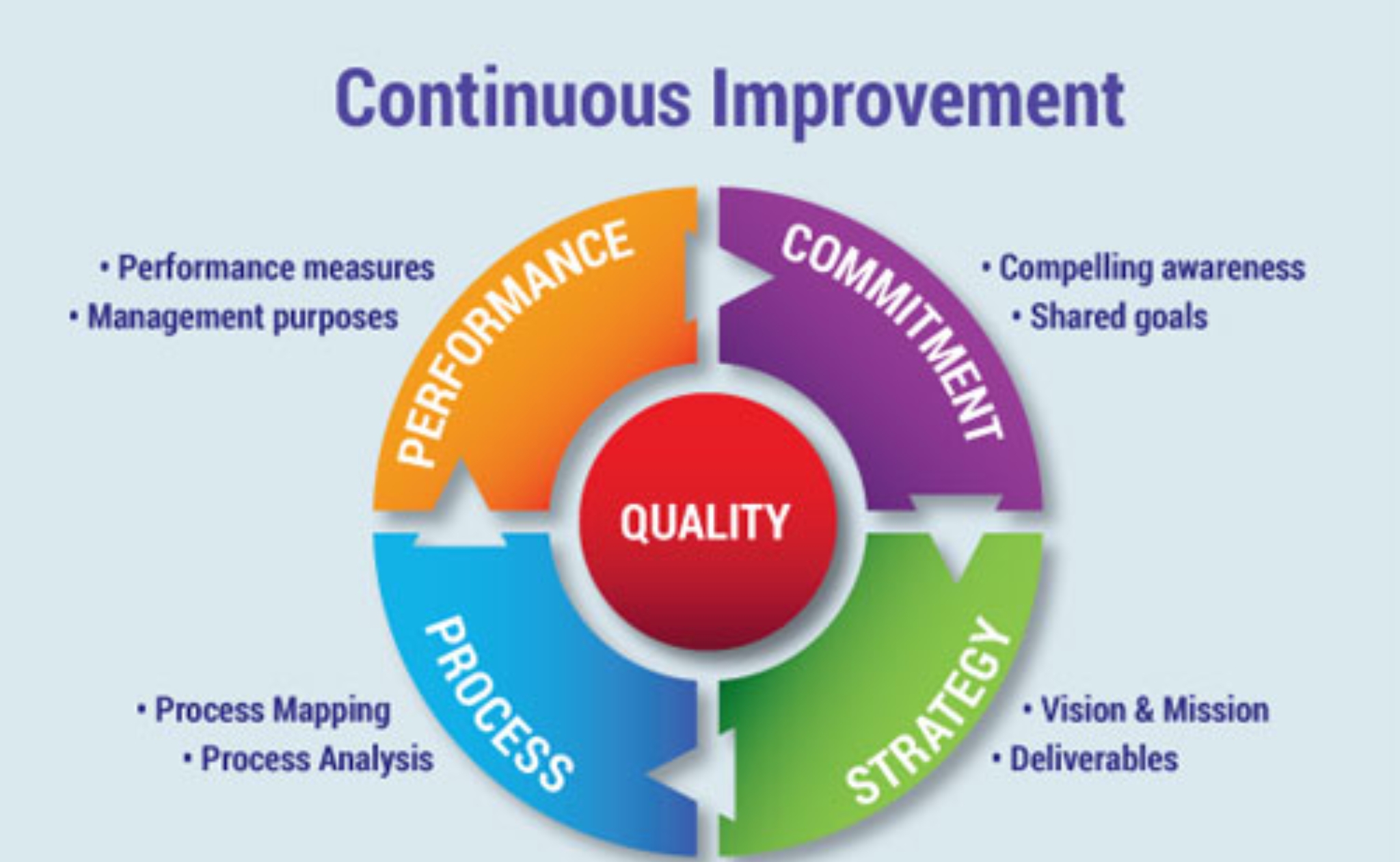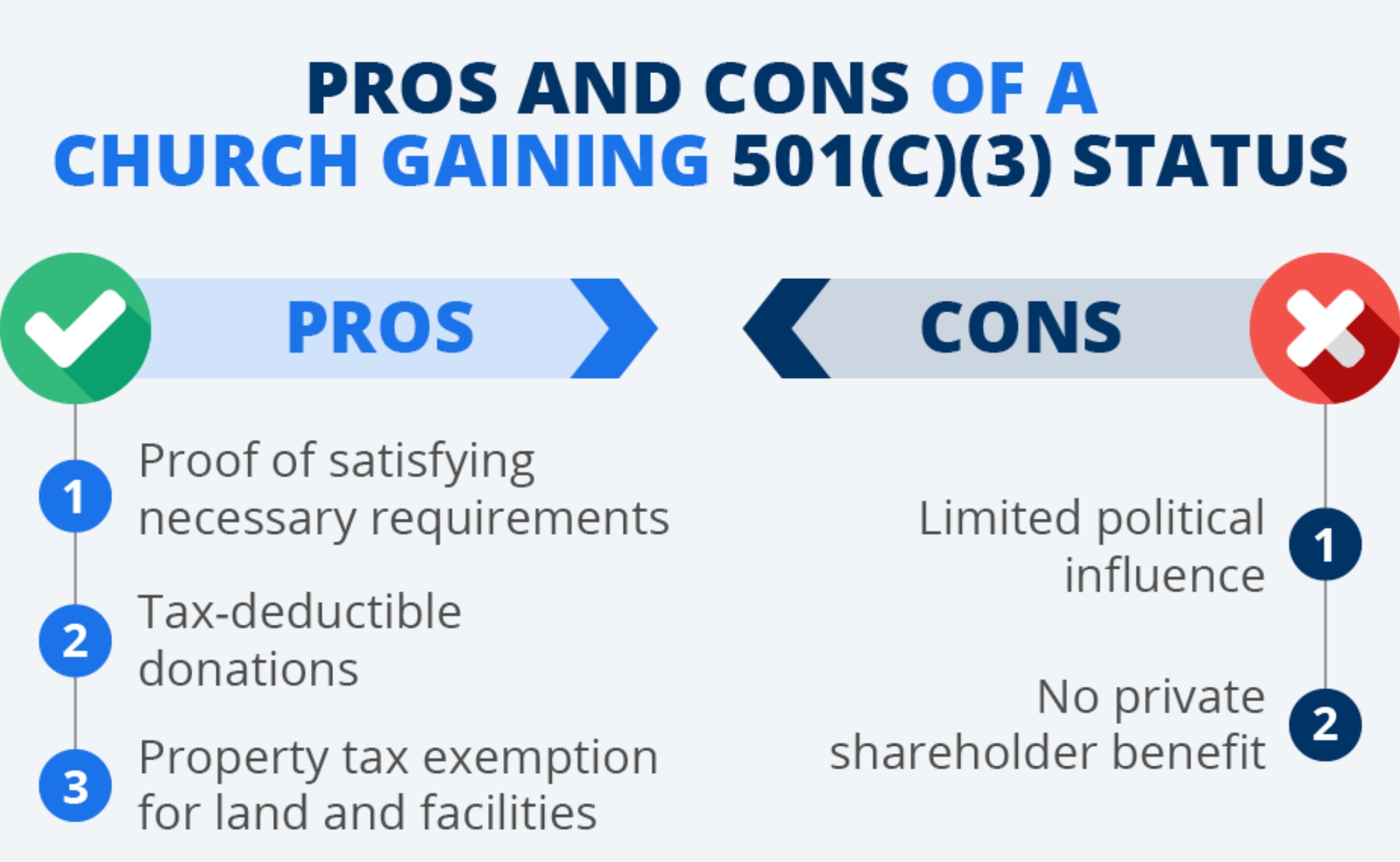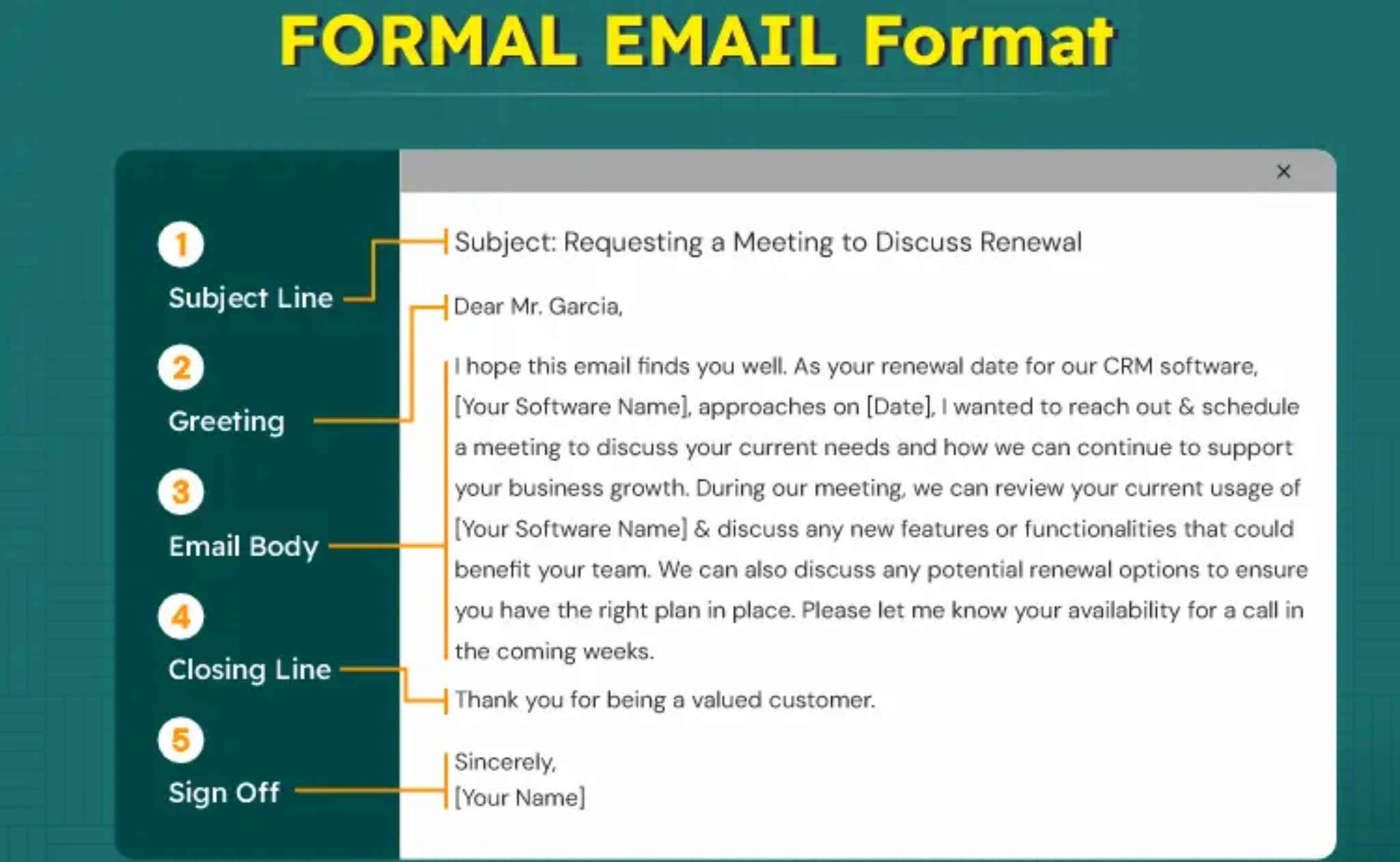This was the title of Randy Pausch’s last presentation in Carnegie Mellon University’s lecture hall. He was dying and just had a few days left to live.
If you haven’t already done so, I highly advise you to watch the movie for the hour and 15 minutes it takes, and while you’re doing so, have a notepad nearby and take notes. He offers some excellent advice on life and how to live a life worth living in his hilarious lecture.
Recognize the elephant in the room: He doesn’t shy away from or avoid talking about his mortality. Right at the outset of his talk, he tackles it straight on.
Not addressing the elephant in the room isn’t going to help you. It simply fosters denial, and any choice made in such atmosphere is never beneficial for the individual making the decision or others around him or her.
Don’t go through life in denial
It is essential that we accept and be realistic about the cards we are dealt and play along. It’s fine to learn that we’re going to die (who isn’t?).
It is important to consider our legacy, or who and what we leave behind, as well as how we will care for our family when we die away.
It is OK to dream as children and adults
It’s also OK to pursue these goals and bring them to life, no matter how ridiculous or large they seem to you and your friends and family. It is critical that the dreams be precise.
The more precise your dreams are, the simpler it will be to pursue them and bring them to life.
Make a plan
He speaks about how he read the fine print of his first dream and brought it to life when he discusses it. He might have quit up when he was informed that faculty members couldn’t join the squad in zero gravity.
He, on the other hand, did not. He was devoted to his dream and wished for it to come true. As a result, he devised a strategy.
When we encounter difficulties on our way to realizing our dreams, it is usually to test our determination and see how strongly we want it. We will almost always discover a method to make something happen if we are continuously searching for ways to make it happen.
Brick barriers exist for a reason: they allow us to demonstrate our desire for something.
Bring something valuable to each table you sit at
There will be numerous occasions in our lives when we will be asked to sit at a table with others. This may be at work, as a member of a team or a leader, at home, as a spouse, father, or sibling, or in society, as a contributing member of society.
We need to figure out how to communicate what we’re trying to do as a group around the table, and then be creative about how we can contribute value and aid in the achievement of our common objectives. This is where our capacity to think creatively and apply our knowledge and abilities is put to use.
If we want to, we can learn a lot from our failed objectives as well: every experience we have as people has something to teach us. Failures have a lot more ability to teach us crucial lessons that we need to know in order to go forward, and they may serve as the foundations upon which we can construct our success castles.
The importance of concentrating on the fundamentals
We will all reach a wall at some time in our life. We’ll arrive at a point when nothing seems to be working in our favor.
Everything we do appears to aggravate the situation. It is important to return to the basics during these times.
It is not simple. It will not seem to be the proper course of action.
It will seem to be too simple. Return to the basics, though. There are few problems that can’t be resolved by concentrating on the basics.
When we make a mistake and no one notices, it implies they’ve given up on us: we can’t succeed in a vacuum or by ourselves. Everyone needs a team to support them, to look after them, to give them criticism, encouragement, a pat on the back, and a kick in the buttocks when they deserve it.
As a result, we must be deliberate about who we include on our team and the kind of input we get from them.
You’re doing well as a team if we receive the odd kick in the buttocks and tough criticism. Beware if you never receive this!
If we never get negative feedback when you make a mistake, it can only indicate one thing: our team has given up on us, and the outcome can only be decline and irrelevance.
The power of excitement
Without the power of enthusiasm, nothing meaningful can be accomplished. The force that propels the world around us is enthusiasm.
So, if you want to do something good, we must be passionate. Because excitement is contagious, it not only provides us with the energy we need to get things done, but it also spreads to others around us.
When you don’t get what you desire, experience is what you get
If we are passionate and ready to go to any length to make our (and others’) goals come true, we will almost certainly fail at some of them. It is reasonable to anticipate that not all dreams will come true.
We can accept the truth as long as we tried all we could to make them a reality. Randy accepted the fact that he would never be able to play professional football and was OK with it.
However, it is critical to analyze, introspect, and bring to light what we have learned as a consequence of pursuing our dreams. Then abstract it to the appropriate level to make it a lifelong learning experience.
If we put in a little effort, we can quickly transform what we learned as a consequence of our efforts into wisdom. And seeing the outcomes via this perspective enables us to move on to our next goal.
The idea of a “head fake.” We learn the majority of what we know via indirect means.
The idea of a head fake is one of the most interesting things I learned from the presentation. He claims that we learn the majority of our life in an indirect manner.
I used to like playing cricket when I was younger. I was recognized as one of the prospective players to be groomed when I was around 15 years old, and was asked to attend a camp with an experienced coach.
Two things occurred at the conclusion of the camp.
My coach claimed I had a fantastic cricketing intellect, but my body couldn’t keep up with it. So it’s possible that I won’t go very far in the league and will have to choose a new professional path.
I kept playing cricket, but not for a living. The principles I learned while playing the game, on the other hand, continue to serve me well in my professional life.
The ability to recognize our team members’ talents and bring them out when required, as well as the knowledge that it is not always about us winning but about the team winning, are the most important factors. Practically everything I learned on the cricket pitch is still useful to me, whereas almost nothing I learned at school is useful to me.
That’s a little ironic, but it’s true.
So, if you want to teach someone life skills, locate a head fake that they would be interested in participating in.
People will surprise and amaze you if you wait
This insight is based on the assumption that humans are in general good. Generally, we desire to do good, at least in our own eyes.
As a result, beginning by believing in their kindness is a wonderful place to begin. When we trust in the kindness of others around us, we are generally proven correct.
The degree of engagement and development of individuals near to us, in my experience, is not only determined by their own sense of self-worth, but also by our expectations of them. As a result, constantly trust in the potential and kindness of those around us, and they will mature to the level we want.
The importance of being prepared for critical moments
We’ve all heard the saying, “Luck happens when preparation meets opportunity.” This idea is based on a lot of reality.
Moments aren’t all made equal. For example, the moment my cricket coach informed me that I was unlikely to make it as a professional cricketer was more critical and significant than many other events in my life.
Almost everyone can look back on their life and pinpoint important events in their lives, as well as whether or not they were prepared for them. True power is shown when we recognize the significance of the moment and are present in it.
Then we may behave in such a manner that the moment’s effect is multiplied many times over. Only if we are prepared will this be feasible.
This also implies that we have a clear idea of what we want and are striving to get it.
Please elaborate!
Randy’s tale of two people’s reactions to his desire to join Disney’s Imagineering team reveals a lot about leadership. The first is about caring about others and what they want to accomplish, while the second is about caring about our own agenda.
Regardless matter who comes to you with a suggestion (it may be your kid, wife, intern, assistant, or CEO), show interest in them and their concept. In such situation, the finest three words are “TELL ME MORE.”
Then pay attention and attempt to comprehend what they’re saying and why they’re saying it.
Being seen and heard is one of the most basic human desires. If you’ve done that and still believe the concept’s time hasn’t come, you may utilize the “What if” phrase to examine other parts of the idea to see if we can make it a reality.
It’s much more gratifying to help others realize their childhood goals than it is to realize our own. “You can have everything you want in life if you will just help other people get what they want,” Zig Ziglar used to say.
Almost every wisdom tradition agrees that helping others brings us greater joy than doing activities we believe would bring us pleasure.
This is why teaching is such a rewarding experience. Helping people accomplish their goals produces hormones in our bodies that make us happy, according to science.
So, if we’re in the business of questioning the existing quo, we have to embrace the backlash that comes with it in order to accomplish pioneering work.
Find someone who can do a better job than you at moving your project ahead.
Because we have always learned, not just from our own experiences but also from the experiences of those around us, the human race has been so successful in our environment.
We’ve always found a way to go ahead, and we’ve always done so much better than the rest of the world’s creatures.
There will always be a moment when looking forward and moving forward is the correct thing to do. When the time comes, we must select individuals who are better than us to pass over our work and legacy so that they may leave their mark on it and make it better.
This does not happen by accident; rather, it occurs when we actively nurture and surround ourselves with individuals who are superior to us in a variety of ways.
Learning requires feedback
This is something I’ve written about before. A feedback loop is at the heart of all learning. We behave in a certain way, presuming or anticipating a response.
It’s possible that the response will be exactly what we anticipated or completely unexpected. We create a feedback loop when we reflect on the outcome and why things went the way they did.
This feedback loop is how we learn, and it’s also how we teach. So, if we want to learn or teach anything, we must first identify and verify that a feedback loop exists.
There will be no learning if there is no feedback.
Have a good time along the road
Last but not least, we must enjoy ourselves along the journey. We only have one life (as far as we know).
So having a good time and appreciating this one life makes a lot of sense.
We may encounter periods of time throughout the trip when having fun is probably the last thing on our thoughts. In such times, we need to recall Benjamin Zanders’ Rule No. 6 (Don’t take yourself too goddam seriously!) from his book “The Art of Possibility.”
What occurs to us does not have to define our reaction, based on my own experience. Regardless matter what occurs to us, we may still choose to have pleasure.
This is the best thing I can think of to end this lengthy blog.
No matter what our circumstances are, we must remember to have fun!!!
Thanks to Mahipal Nehra at Business 2 Community whose reporting provided the original basis for this story.








